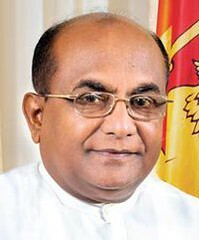 Given the controversies surrounding the online safety bill, the appointment of the online safety commission is taking some time.
Given the controversies surrounding the online safety bill, the appointment of the online safety commission is taking some time.
One could indeed argue that the proverbial “fools have rushed where angels fear to tread” in the context of the government’s swift enactment of the Online Safety Act amid industry concerns. In this case, the government’s hurried actions, despite criticism and the need for industry input, may be seen as a bold but potentially unwise move that requires careful consideration and expert consultation to avoid unintended consequences on freedom of expression and the digital economy.
Amid growing concerns expressed by industry stakeholders regarding potential repercussions on the digital economy, the government has proposed fresh amendments to the recently introduced Online Safety Act.
The Commission can instruct internet service providers or intermediaries to disable access to online locations containing prohibited statements by end users in Sri Lanka or to remove such statements.
In response to mounting criticism, an official from the Public Security Ministry revealed that new amendments are being formulated and will be presented to the Cabinet for approval within the next two weeks. The government claims to have concluded consultations with industry stakeholders such as Google, Yahoo, Meta, X, and Amazon.

Meanwhile, Speaker Mahinda Yapa Abeywardena, who has been widely criticized for allowing a bill that has not been scrutinized, has defended himself. A news release on the parliament website said: “Thus, the office of the Speaker states that the Online Safety Bill was passed by the Parliament in accordance with the Supreme Court’s determination, as was confirmed by the Attorney General’s Department. …The Speaker’s office would like to remind all Members again that discrediting the House or undermining its credibility will not do one better, as in a democracy, the parts are judged by the whole and not the other way around.”







